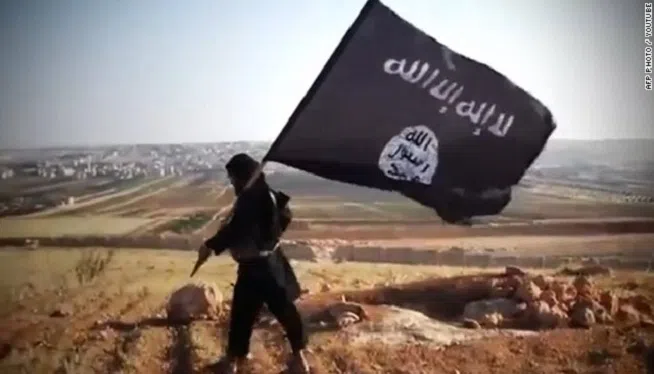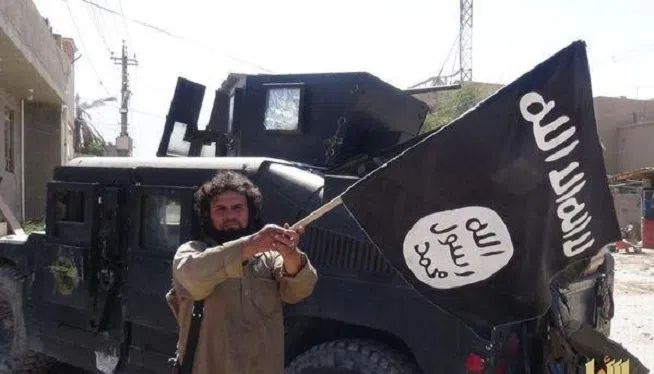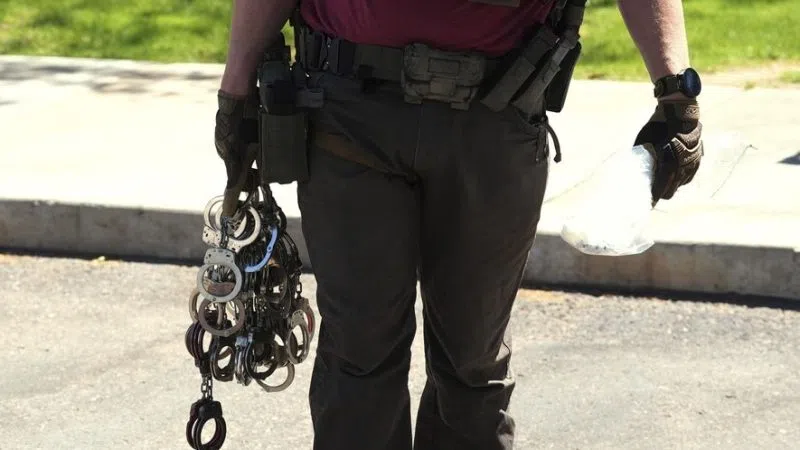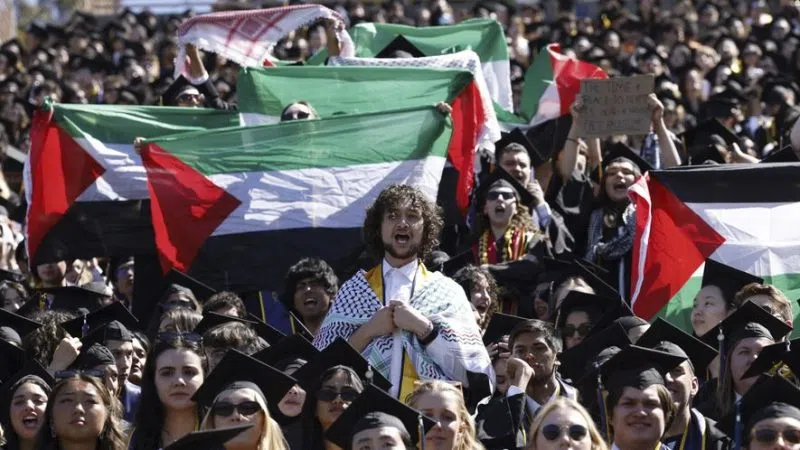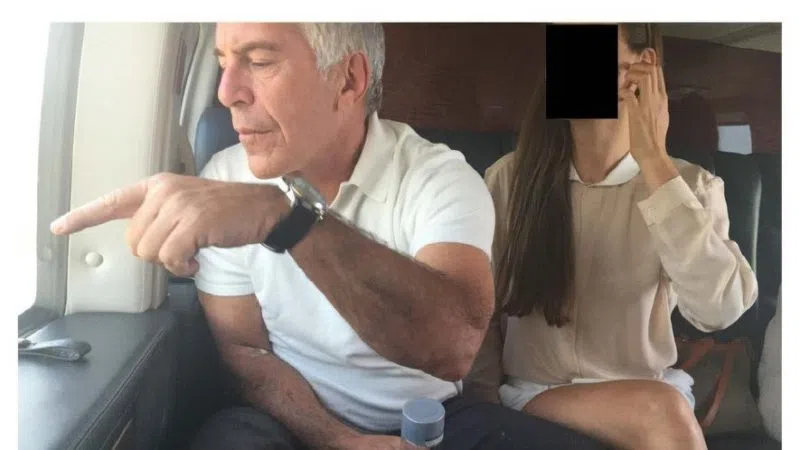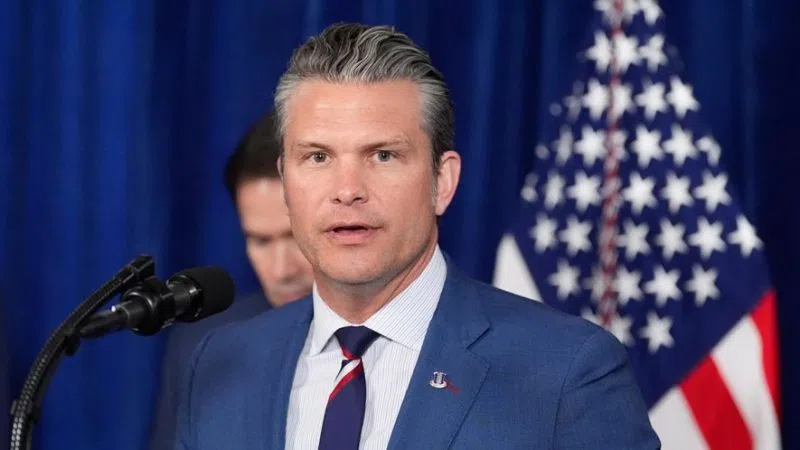WASHINGTON — (CNN) The U.S. estimates that ISIS brought in $1 billion in revenue last year but that recent airstrikes on their cash holdings and oil infrastructure are beginning to squeeze the group’s finances.
Daniel Glaser, the Treasury Department’s assistant secretary for terrorist financing, said Thursday that the U.S. efforts to cripple ISIS’ ability to raise money are “bearing fruit.”
He pointed to airstrikes by the U.S.-led coalition against ISIS cash storage sites in Iraq and Syria as having destroyed “possibly” more than a $100 million of the group’s money, along with strikes against oil infrastructure and distribution capabilities controlled by ISIS.
He said a combination of military power, intelligence sharing and diplomatic efforts are blunting ISIS’ financial reach — but that it still has paths to revenue at its disposal.
“ISIL’s sources of income include oil and gas sales, extortion and taxation, external donations, kidnapping-for-ransom, and previously, bank looting,” Glaser, using another term for ISIS, said in testimony before a joint meeting of the House Foreign Relations and Armed Services Committees.
And nearly 15 years after the 9/11 attacks, al Qaeda’s ability to fund itself has been hampered through the disruption of its financial networks and designations of various individuals involved with the group by the Treasury Department, Glaser said.
However, there is still significant concern on the part of U.S. officials regarding the private financing networks in Persian Gulf countries for al Qaeda and other terrorist groups that still exist.
Glaser noted in his testimony that all Gulf countries have passed “counter-terrorism laws that criminalize terrorist financing” and have also established controls to ensure that money within the charitable sector is not diverted for terrorist funding.
He also noted that Saudi Arabia, whose government has come under intense scrutiny over whether it offered support to some of the 9/11 hijackers, has “emerged as a regional leader” in the area of cracking down on terrorist financing.
Texas Republican Rep. Ted Poe, who chaired the committee hearing, questioned whether the pace of going after charities that support terror was fast enough.
He also questioned whether there was enough information-sharing between government agencies to better target terror finance networks.
“There are resource restraints in terms of people and intelligence collection assets,” said Theresa Whelan, the Pentagon’s acting assistant secretary for special operations. “We have made progress in the last couple years.”
The-CNN-Wire ™ & © 2016 Cable News Network, Inc., a Time Warner Company. All rights reserved.
(Photo: CNN)
